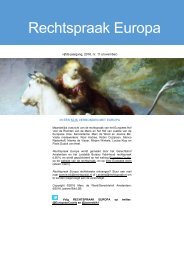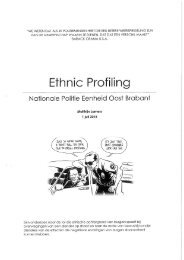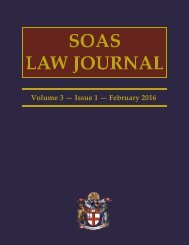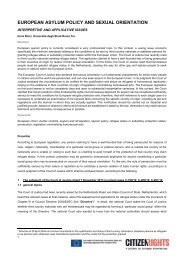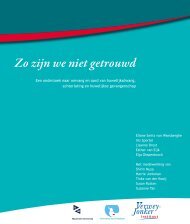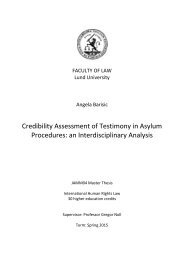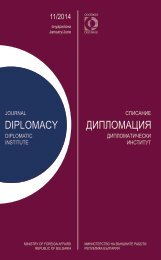AEMI
AEMI-2016-web
AEMI-2016-web
Create successful ePaper yourself
Turn your PDF publications into a flip-book with our unique Google optimized e-Paper software.
FEDERICA MORETTI<br />
‘Coming back to Italy means -<br />
in my field means - to accept a job<br />
that it is not really your dream job.<br />
If you are lucky, it gets close to it.<br />
[...] I don’t want to exclude the possibility,<br />
but if I should think about<br />
my future, I wouldn’t think to come<br />
back. [...] For me, Italy is the top for<br />
vacations. For my working future<br />
it would be extremely difficult and<br />
counter-productive to go to Italy’.<br />
(Marco)<br />
183<br />
The Internet is crowded with magazines,<br />
blogs and social networks on young Italians.<br />
They often cover the same topic,<br />
namely the fuga dei cervelli – i.e. the<br />
brain drain. 2 The above quote of the Italian<br />
Prime Minister is a clear-cut example.<br />
On the contrary, the Italian second<br />
and third generations are often left aside<br />
from the debates.<br />
Interested in capturing the movement<br />
of people, and in unfolding what triggers<br />
their (im)mobility – both physical<br />
and mental – I engaged into an ethnographic<br />
research framed by the theoretical<br />
concept of imaginaries. The<br />
investigation started indeed driven by a<br />
will to delve into the above mentioned<br />
fuga dei cervelli, to understand the positions<br />
vis-à-vis the debate of the young<br />
Italians directly involved into the process<br />
of leaving Italy. However, what I<br />
was particularly keen on uncovering was<br />
‘the return’ addressed in the aforesaid<br />
quotes both by the Italian Prime Minister<br />
and Marco, as well as by Gloria,<br />
the daughter of an Italian emigrant who<br />
shared with me her desire to look for a<br />
job in Italy.<br />
To this extent, the investigation was<br />
guided by the following research question:<br />
how do the meta- and empirical<br />
worlds of people interact and set in motion?<br />
More precisely, the query was analysed<br />
following three sub-questions: For<br />
the purposes of the present paper the<br />
focus shall be on the first – how is Italy<br />
imagined? – and on the third – how do<br />
imaginaries open up to various courses<br />
of action?.<br />
Therefore, the hereby paper addresses<br />
some aspects of the processes of envisaging<br />
and reviving Italy as emerged<br />
throughout the fieldwork and especially<br />
the interviews conducted in Leuven –<br />
Belgium – among the Italian new first<br />
and second/third generation of master<br />
and PhD students following programmes<br />
at the KU Leuven. 3<br />
The research, analyzing how people<br />
envisage Italy and how imaginaries influence<br />
actions, allows to shed light on<br />
the informants’ stances towards an attainable<br />
physical return to the country.<br />
In the following pages I shall, first,<br />
briefly introduce the size of the current<br />
Italian population residing in Belgium.<br />
I shall then concisely elaborate on the<br />
underlying theoretical framework enclosing<br />
the investigation. Finally, I shall<br />
delve into the practical insights collected<br />
throughout the fieldwork to give an answer<br />
to the two above-raised questions.<br />
Setting the Context: Italians in<br />
Belgium<br />
The words of the Italian Prime Minister<br />
opening the hereby introduction<br />
might be an appropriate way to begin<br />
a paper on young Italians abroad. This<br />
is even more true if one considers that<br />
the data on the current Italian emigration<br />
describe the recent outbound flow<br />
as composed by highly educated people



